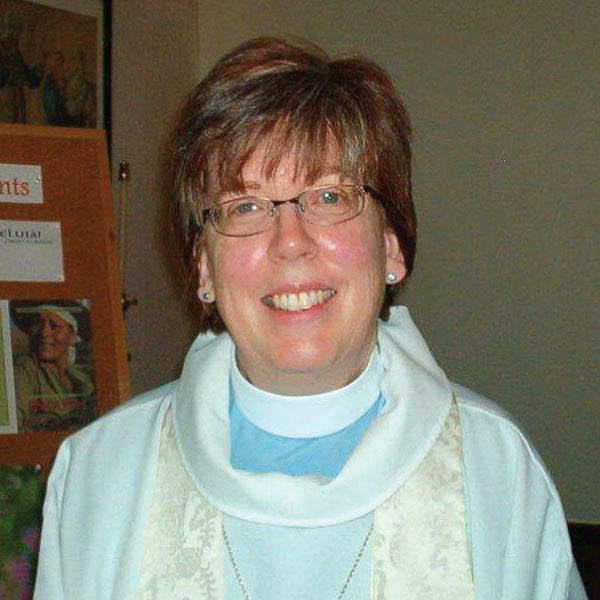One of the side-effects of living during a pandemic is the change in our perception of time. I’ve heard people use the abbreviations “PP” for “Pre-Pandemic” or “BC” as in “Before-Covid” in a similar way the terms “anno Domini” (AD) and “before Christ” (BC) are used to number years in the Julian and Gregorian calendars. For me, a more consequential side-effect has been my sense of the passage of time, leading me to ask, far more frequently than before, “What day is this??” and in an effort to pretend I haven’t totally lost track, I’ve heard myself say, “This is Tuesday, right?”
It’s clear this distortion of perception has to do with the disruption to our routines. Working from home challenges my former daily rhythm. The urgency to “get ready for work” is lessened when there seems no reason to get dressed for the office, or to clear the ice and snow off the car because I’m not going anywhere. A few times I’ve heard the Noon Gun from Citadel Hill in Halifax and realized I’m still in my dressing gown.
One of the treasures of the Christian tradition that has grounded the faithful for centuries has been the discipline of “praying the Hours”. Reciting prayers at set times of the day came naturally for the earliest Christians, many of whom, from their Jewish roots, were used to praying seven times a day (Ps. 119:164). Seven times of prayer became quite widespread, with local variations. The Book of Acts references the hours of prayer in the temple (3:1) while the Gospels each speaks of ‘the hours’ in relation to the time Jesus was on the Cross.
The Desert Fathers and Mothers of the 3rd and 4th centuries, the prescriptions detailed in the 6th C Rule of St. Benedict, and the early Celtic monastic communities of the 7th century all kept such practices alive. In later centuries, Books of Hours developed for use by individuals. In recent times the 24/7 prayer movement has sometimes incorporated this practice. Roman Catholics refer to the Canonical Hours and The Liturgy of the Hours. The Orthodox Church sometimes refers to these as The Divine Services. These have come to mark each of the eight three-hour periods in a day. The poetic, measured lines of the Psalms and the elegant prose of the Book of Common Prayer, and the daily offices of more contemporary collections all enable us to exercise the practice of fixed-hour prayer.
The late Phyllis Tickle, mother of seven children, a prolific writer on Church history and liturgy and long-time religion editor for Publishers Weekly, was also a devout Episcopalian who came to value fixed-hour prayer as an anchor to steady her busy life. She compiled a trilogy of prayer manuals, The Divine Hours (2000) to guide contemporary Christians through the daily offices. Based primarily on the Book of Common Prayer and the writings of the Church Fathers, her trilogy is an extremely useful, practical aid to those desiring to revive this ancient prayer practice in their own lives.
While the practice may be based on the reference to praising God “seven times a day”, over the centuries, monastic communities, churches and individuals have modified the daily round to better align with their lived experience, modifying their devoted prayer to four times a day. However, the principle remains the same: brief intentional pauses throughout the daily cycle helps to both ground and recalibrate the scattered.
No matter how busy the day, or important the task, St. Benedict instructed: “At the hour for the Divine Office, as soon as the signal is heard, let them abandon whatever they may have in hand and hasten with the greatest speed, “Let nothing, therefore, be put before the Work of God.” (RB, chapter 43) In the Rule of Benedict, prayer is referred to as “the work of God.”
So how does this help me keep track of my days? Praying the Hours offers a framework, a trellis. It steadies, defines and supports my other activities. Praying the Hours and the practice of stopping to savor them doesn’t break up a day, rather it ties it together, connecting us to a tradition of hundreds of years of people praying these same words. And in these unsettled, uncertain Covid days, who wouldn’t benefit from the timeless treasure of being compassed about by so great a cloud of witnesses?



